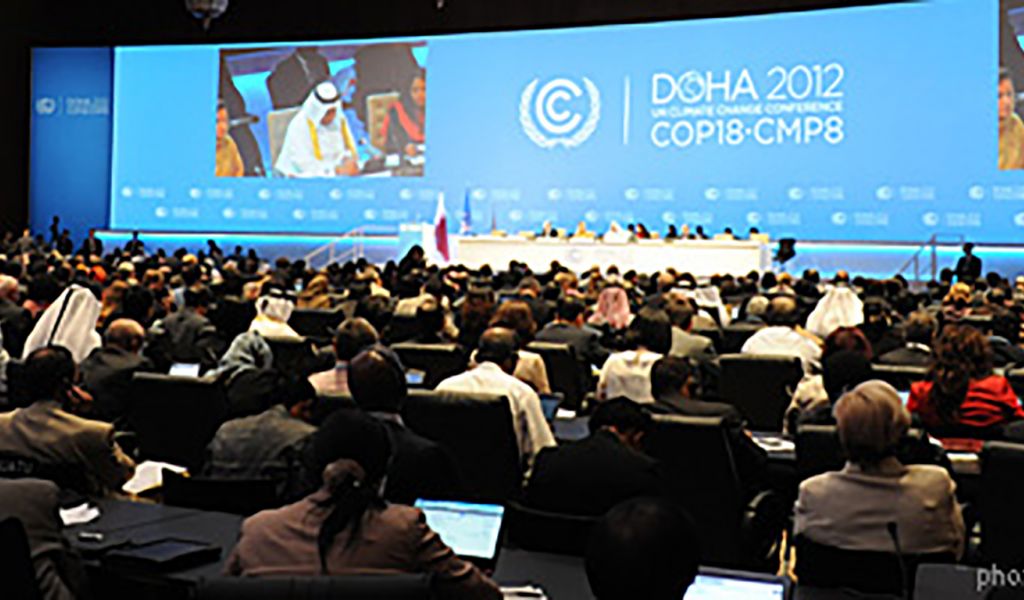The $30 billion Question at Doha

As we look to the future of REDD+ finance in the COP negotiations, it is worth reflecting on what has been achieved so far - a subject which provided a fascinating contrast in messaging at yesterday’s side events.
At the Fast-Start Finance Information Event we heard from the Parties that, to some peoples’ surprise, the US$ 30 billion target for ‘Fast-Start Finance’ from 2010-2012 had been surpassed. While this is open to further research and clarification, huge numbers were reported even by individual countries, ranging up to US$ 17 billion, with a healthy chunk of this funding reportedly going towards REDD+. From the snapshot of Parties reporting, it was difficult to calculate whether the approximate REDD+ partnership target of US$ 4.5 billion in REDD+ Fast Start Finance had been reached, but it did not seem far off and was comfortably at 10 digits.
So three years and billions of dollars later, are we any nearer to tackling some of the “Persistent Issues” which face REDD+? The Ecosystem Climate Alliance’s side event of the same name suggested not, and questioned why, despite the large amounts of bilateral, multilateral, and private funding directed at REDD+, we have not seen much in the way of expected results (though there are clearly some important exceptions).
One of the Alliance members, The Rainforest Foundation Norway, claimed that far too much REDD+ readiness funding and time had been directed towards MRV (Measurement, Reporting, and Verification – in their estimation 40% of REDD+ funding to date) when more fundamental issues such as land tenure and governance do not receive these levels of attention. A question I myself asked last year.
At the same event, Dr. Tim Cadman made good on his promise not to send the audience to sleep by giving a fresh perspective on how REDD+ efforts do not yet recognize and support what he terms ‘stakeholder driven governance’. Using Arnstein’s Ladder of citizen participation he showed how current REDD+ standards and safeguard systems only amount to what Arnstein describes as ‘Tokenism’ (i.e. informing, consultation, and placation). Dr. Cadman points out that we need to be aiming higher if REDD+ is to support good governance principles, moving from consultation and placation to partnership, delegated power, and even citizen control over REDD+. I would suggest that some of the leading standards and principles do aim at partnership with local stakeholders, but it is certainly agreed that we should be aiming higher.
RECOFTC has long believed that community forestry is an excellent way to aim higher and achieve partnership, delegated power, and citizen control over REDD+, allowing it to be locally driven rather than imposed by external actors. During the Q&A session indigenous representatives repeatedly pointed to the fact that in their home countries REDD+ is being ‘pushed aggressively’ onto them by developers and governments. This is a fertile breeding ground for misunderstanding, manipulation, and eventually the failure of REDD+, ignoring the fact that ultimately local people hold the key to its success.
We hope that as Parties in Doha look beyond Fast Start Finance and begin to program the intended increase of climate funding to $100 billion per year by 2020, much more attention is paid towards supporting good governance and the meaningful participation of local people.

